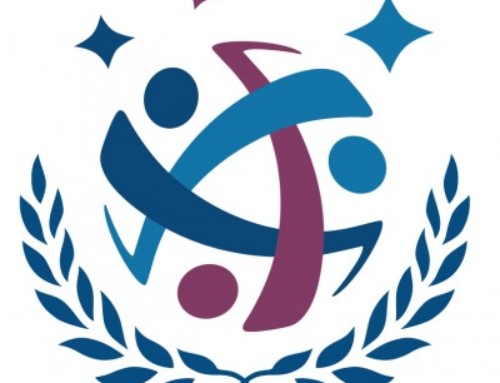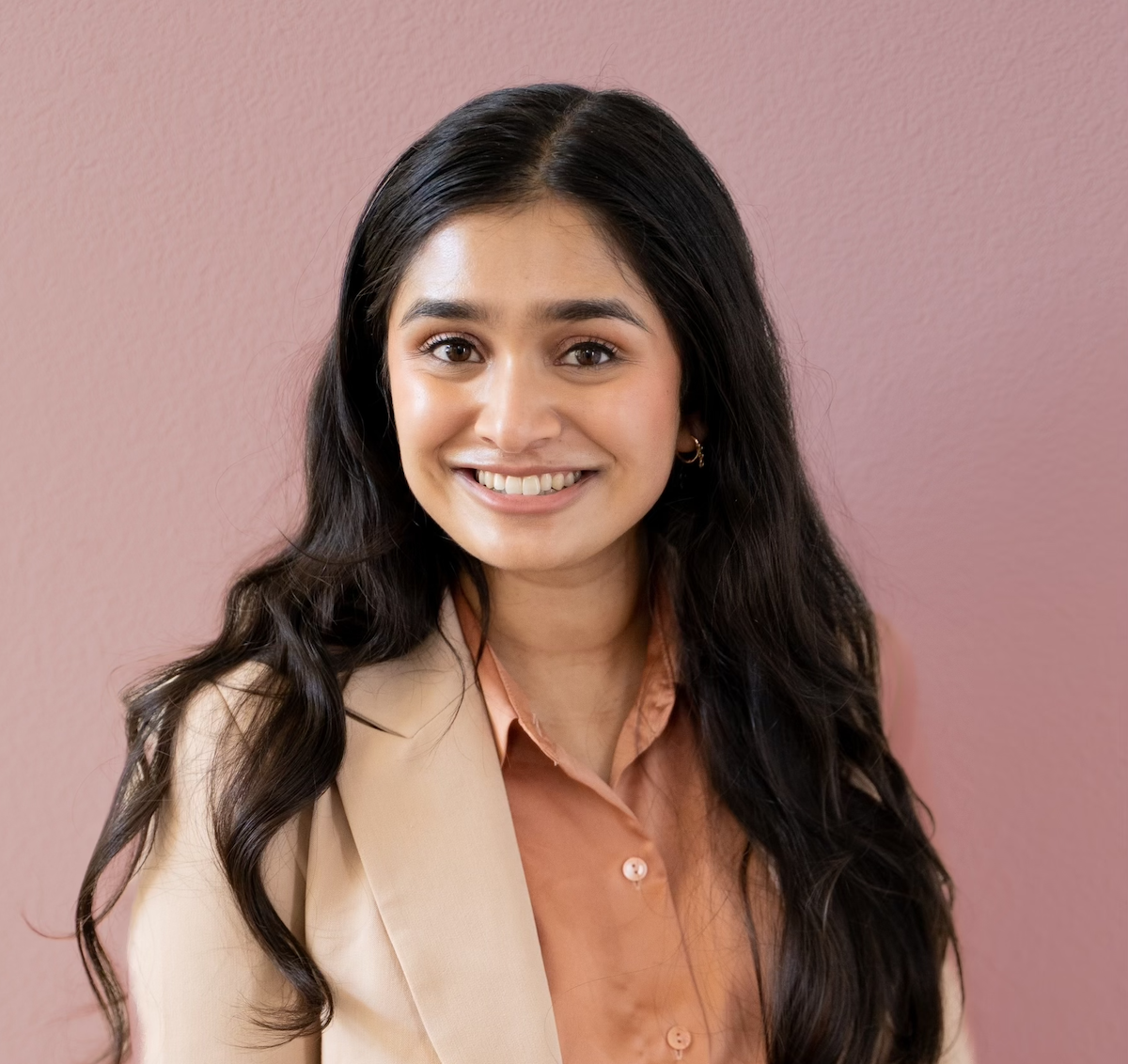SGAC is pleased to announce the winners of the 2025 North, Central American and Caribbean Space Leader Award who will attending the 5th North, Central America and Caribbean – Space Generation Workshop (5th NCAC-SGW) to be held on May 22nd and 23rd 2025, at the Canadian Space Agency’s Conference Centre, Longueuil, Canada.
Congratulations Tania, Marcos, Christine and Zoé!
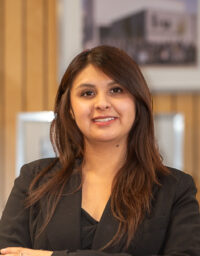
Tania Robles
Tania Robles is a Mexican space professional, mechanical engineer, and MBA candidate at IPADE Business School. With a career rooted in international collaboration, space education, and science policy, she seeks to contribute to the growth of the space sector in Latin America and beyond. Her roles have spanned institutions such as the Mexican Space Agency, where she led initiatives on human capacity building, and the International Space University, where she coordinated the operations for global space programs impacting over 500 professionals and working with the main space institutions of USA, Brazil and Portugal.
I’m very grateful with SGAC for this Award and recognition which allows me give back and contribute to the organization while expanding my professional network and opportunities. Coming from Mexico, I’ve seen how powerful collaboration can be in opening doors and the need of building a more inclusive space sector in our region and for our youth, and SGAC is a powerful tool for this.
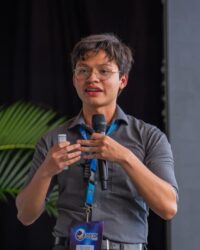
Marcos López
Rodrigo López is a 20-year-old Guatemalan engineering student passionate about advancing space sciences through education and technology. As Vice President and Project Manager at AGICE, he has led numerous initiatives to expand space outreach and develop student-led research. Rodrigo has conducted hardware-focused internships at Jaguar Space LLC and BioServe Space Technologies, contributing to bioreactor development and space-based microbial experiments. He is also a core member of the Aerospace Laboratory at Universidad del Valle de Guatemala, developing electronic subsystems and de-orbit technology for CubeSat missions. Rodrigo’s strongest impact has come through teaching—founding space exploration clubs, mentoring competition teams, and guiding students to present internationally. His work has reached three Guatemalan departments and enabled scholarships for promising young researchers.
I’m proud of being part of SGAC’s mission of expanding Space Sciences in Central America, and will be forever grateful for such an incredible opportunity.
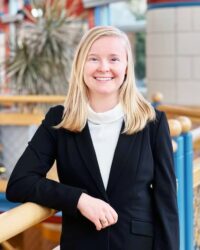
Christine Dubbert
Christine is a senior program manager at BryceTech. She has 8+ years of experience in the aerospace industry and recently completed her MBA at the University of Cambridge. With her engineering background, she supported various programs at NASA’s Johnson Space Center for five years before moving to the private sector to lead a $100m satellite production program for the Space Development agency. In her spare time, Christine volunteers as the NCAC Regional Coordinator within the Space Generation Advisory Council, a UN-created organization for early career space enthusiasts.
I am honored to be recognized with the NCAC-SLA. Looking forward to meeting everyone in Montreal!
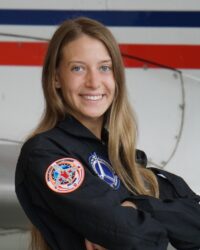
Zoé Victoria Lord
Zoé is passionate about interdisciplinary learning, seeking unique perspectives to address the complexities of spaceflight and its impact on the human body. She developed a research payload to study CPR under microgravity conditions which was successfully tested on parabolic flight. She is also involved in exploring the impact of lunar surface EVA conditions on astronaut health and operational proficiency. This led her to launch the Gravitas Research Corps, a not-for-profit organization dedicated to space analog research. Zoé earned her undergraduate degrees in behavioral neuroscience (2019), chemistry, and biology (2022) from Concordia University. In 2024, Zoé completed her studies in bioastronautics with a concentration in EVA space suit evaluation at the International Institute for Astronautical Sciences. She is currently pursuing her PhD at Queen’s University, where her research focuses on cognitive load in VR environments. By integrating brain activity and eye-tracking with machine learning, her research aims to personalize VR learning experiences.
I am humbled by the recognition of my passion for studying emerging technologies to advance the space sector and for sharing this knowledge with the space community. Staying current with best practices and pressing challenges in space exploration will deepen my perspective as a researcher and allow me to contribute meaningfully to the field.

